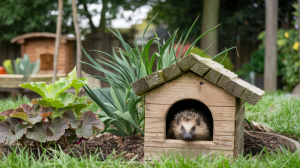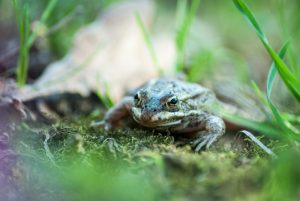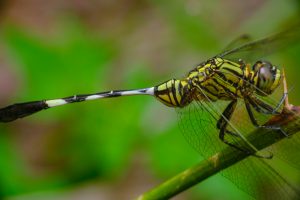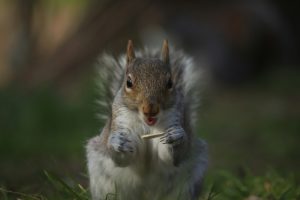- The Lifespan of Osteoclasts: How Long Do They Live?
- What is Monkfish average lifespan?
- What is Amberjack average lifespan?
- What is Sturgeon average lifespan?
- What is Barramundi average lifespan?
- What is Wahoo average lifespan?
- What is Shark average lifespan?
- What is Redfish average lifespan?
- What is Marlin average lifespan?
- What is Pompano average lifespan?
- What is Rainbow Trout average lifespan?
- What is Swordfish average lifespan?
- What is Anchovy average lifespan?
- What is Grouper average lifespan?
- What is Halibut average lifespan?
- What is Carp average lifespan?
- What is Pike average lifespan?
- What is Flounder average lifespan?
- What is Tilapia average lifespan?
- What is Sardine average lifespan?
Feathery Facts: Do Baby Birds Drink Milk from Mom?
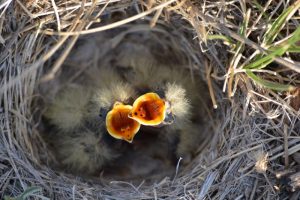
Many of us picture fluffy baby birds wide-mouthed, eagerly awaiting a feed of milk from their mother. But is this image reality? The answer is both yes and no, and it unveils a fascinating quirk in the avian world.
The Mystery of Bird “Milk”
Unlike mammals, birds don’t possess mammary glands to produce milk. However, some bird species have a special adaptation that provides a similar sustenance for their chicks. This nutritious substance, sometimes called “crop milk” or “pigeon milk,” is produced in the lining of the parents’ crop (a pouch-like storage area in the esophagus) or esophagus itself.
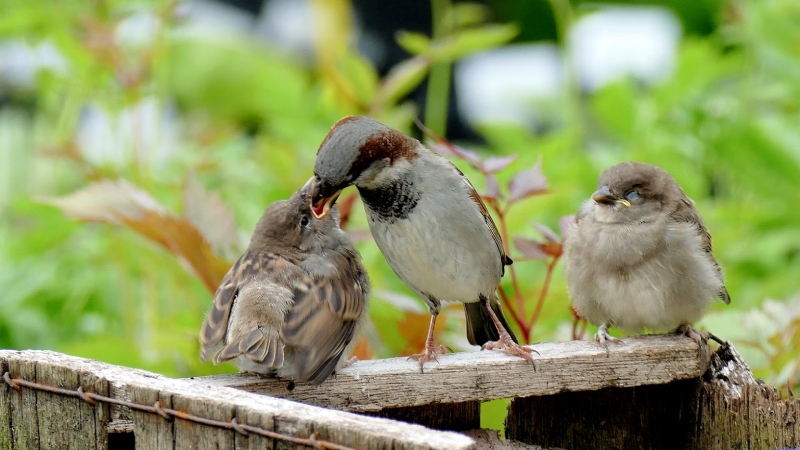
The Prolactin Connection
The production of this “milk” is triggered by the hormone prolactin, the same hormone that stimulates milk production in mammals. During breeding season, prolactin levels rise in both male and female birds, causing changes in the crop or esophagus lining. These changes create a specialized layer of cells that secrete a protein and fat-rich substance.
Bird Species That Produce Milk
Not all birds produce this special “milk.” Here are two prominent examples:
- Pigeons and Doves – these birds are well-known for their crop milk. It’s a thick, yellowish liquid rich in proteins, fats, and antibodies, crucial for the healthy development of their chicks.
- Emperor Penguins – these devoted dads take chick-rearing to a whole new level. Male penguins produce a nutritious “milk” in their esophagus to feed their chicks after the mothers return to the ocean.
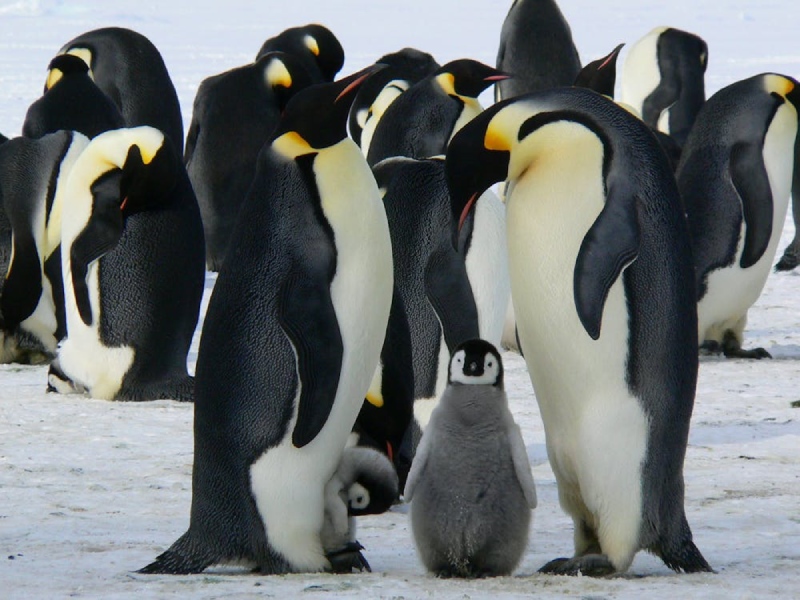
Composition and Benefits of Bird “Milk”
Bird “milk” is a highly concentrated source of nutrients, far exceeding the nutritional value of regular bird food. It can be:
- Up to ten times higher in protein than insects, a common food source for many birds.
- Richer in fats than seeds, another staple bird food.
- Packed with antibodies that help protect chicks from diseases.
This nutrient boost is essential for the rapid growth and development of baby birds, giving them a strong start in life.
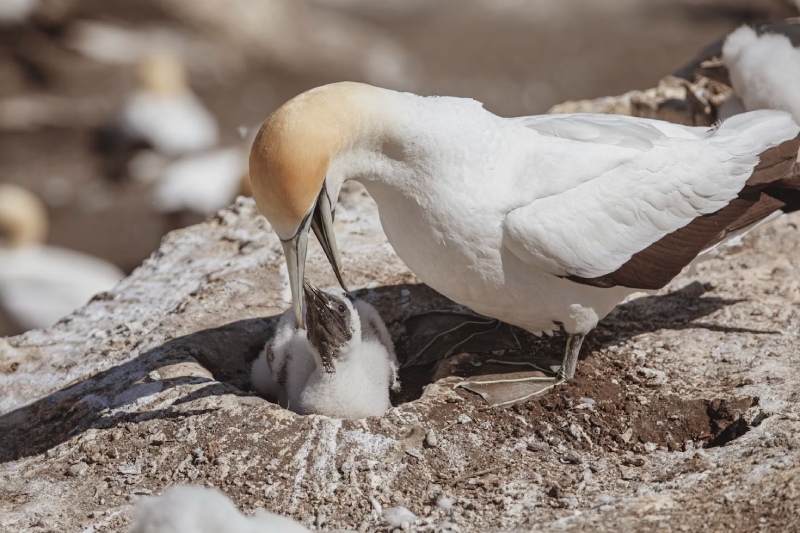
Conclusions
So, while baby birds don’t drink milk in the same way mammals do, some bird species have a remarkable adaptation that provides a similar nourishing substance. This “milk,” produced by a fascinating hormonal response, offers chicks a crucial advantage for survival and growth.
